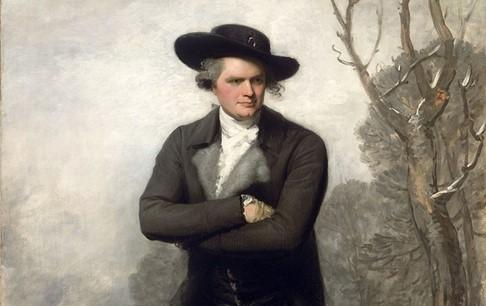The human mind is what Francis Crick called, “‘the Hard Problem,’ the baffling dichotomy between our physical brain on the one hand (1.4 kg. [3.086 lbs.] of ‘grey matter’), and our human consciousness (an infinity of imagination, thought and feeling), in all its astounding and fathomless complexity on the other. Albrecht Dürer (1471–1528) gives us an insight into the human mind through his art.
Dürer’s “Melencolia I” introduces us to the many levels of his own thinking—a self-portrait of his mind, so to speak. His copper engraving, one of his “Meisterstiche,” or master engravings, tells us what it means to be engaged in thought and how the mind works.






